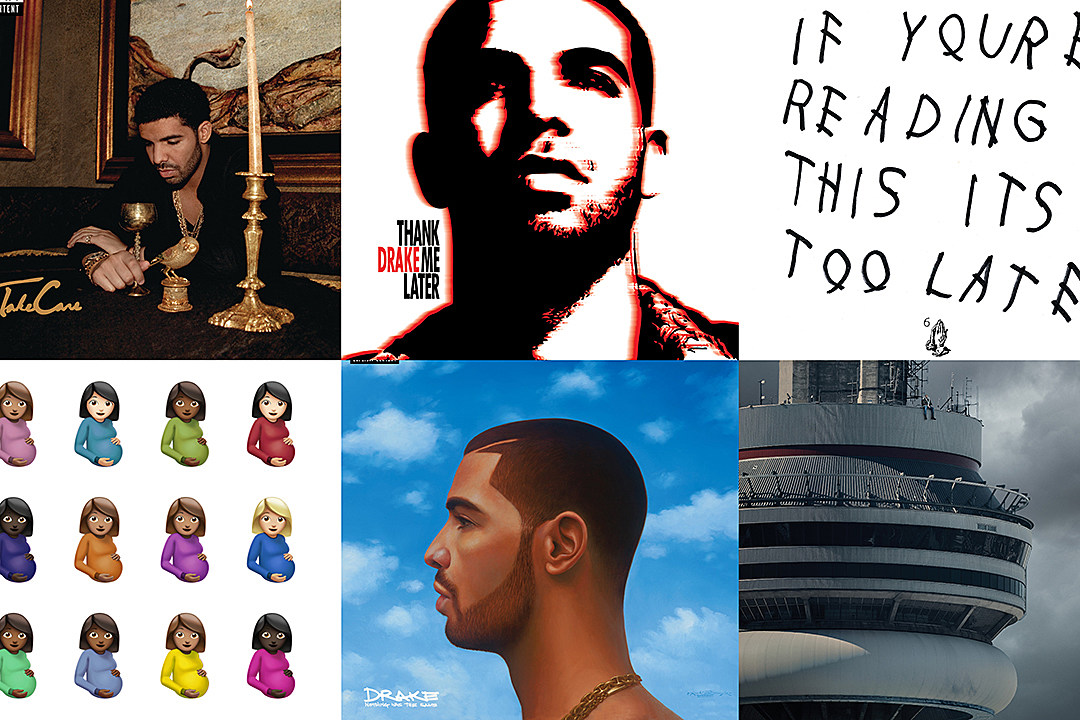

If it truly brings the end of leaked albums that doesn’t mean album sales will magically skyrocket. Love or hate streaming, it’s looking like the future of music in more ways than one. I remember OnSmash getting shut down and Gangster Grillz getting raided, music piracy was a big deal when someone was caught, as if the government was tracking down actual pirates. I’m not from the era of Napster but I lived through the rise and fall of Limewire, Megaupload, Rapidshare, and the countless other platforms and programs that made downloading music as simple as spreading peanut butter and jelly on a slice of bread and calling it a sandwich. It only takes a minor slip-up and an entire album is online. The industry has always searched for ways to keep the pirates off their shores but very rarely did they find a solution. Making everyone come to work in the sequestered studio, refusing to send email, traveling with the masters, treating the album like it was a valuable diamond that they couldn’t afford to be stolen. It will be debated until the end of time if Watch The Throne leaked or was officially released through iTunes, but Jay and Kanye did everything in their power to ensure that the album would be leak proof. His three month prison sentence is nothing compared to how he impacted the music industry. Like all classic drug-dealing movies taught us, it’s always the moment when you say one last time that they catch you. They were caught soon after Kanye’s Graduation and 50 Cent’s Curtis. They were the robin hood of internet pirates. It’s an incredible story how a man with a bit of technical savvy and a lot of hustle positioned himself with an online organization that was like an internet mafia, a true organization that spent over a decade disrupting the status quo and it wasn’t for profit.

Stephen Witt wrote of this phenomenon last year, in an article titled, “ The Man Who Broke The Music Business,” he speaks with Bennie Glover, a former employee of a CD manufacturing plant in the '90s. Napster and the rise of piracy was like a virus that slowly started to spread until every major artist was affected. As dial-up became broadband and the internet evolved with technological advances the leaking of albums became the music industry's Achilles heel. But it wasn’t until after 1993 that it started to become a casual occurrence. Pitchfork’s Eric Harvey wrote an article on the history of album leaks citing Bob Dylan’s Great White Wonder as one of the first album leaks. Paak’s Malibu didn’t leak. We haven’t seen many major releases this year arrive ahead of schedule but the few that we have seen only came days before the official drop.
Kanye’s Life Of Pablo didn’t leak, Kendrick’s Untitled Unmastered didn’t leak, Anderson. If Adele went digital before physical, it’s possible that small change could’ve kept her music out of leakers hands. Unlike Adele, who is resisting the allure of streaming services, Drake was one of the first artists to jump in bed with Apple. Sales might not be a factor, both Adele and Taylor Swift had album leaks before their dates and sales seemed unfazed by the premature release. This is the biggest rap album of the year, a leak could ruin whatever promotion or lack of promotion he’s planning. Since Mo-G escaped his OVO tent he's been on Instagram and Reddit threatening to leak songs, makes you wonder if Drake’s downfall will come from in-house? Could the captain be losing control of his ship? Only takes one bad sailor to spark a mutiny.


 0 kommentar(er)
0 kommentar(er)
